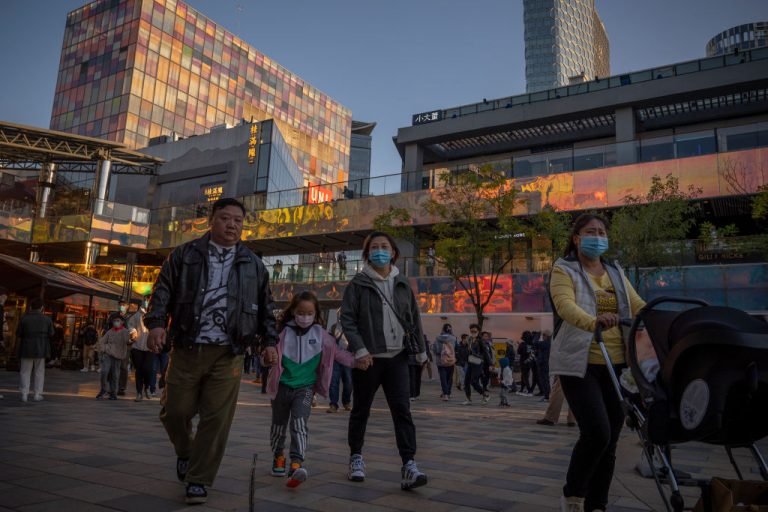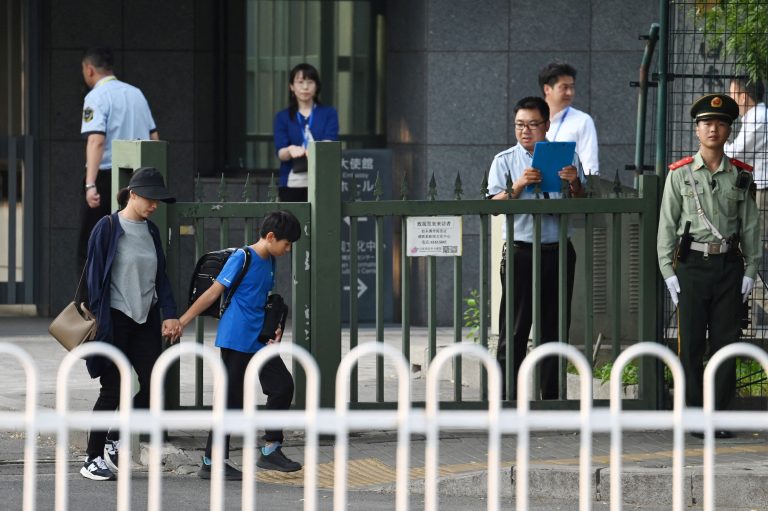In the past few months, sluggish consumer spending has negatively affected China’s economic growth. Some experts feel that such spending will remain a big challenge for China in 2022 as well. Consumption is one of the two areas that most economists consider when estimating China’s growth potential, the other being the property market.
Worries about China’s slowing consumer spending have strengthened after Beijing warned in a meeting last month that the country’s growth was at risk due to the “triple pressure” of weakening expectations, supply shocks, and shrinking demand.
“The core problem of these ‘triple pressures’ is still a weakening of demand or insufficient demand… If demand improves, then expectations will improve,” Wang Jun, chief economist at Zhongyuan Bank, told CNBC.
Wang blamed the weakening demand on COVID-19’s negative impact on people’s incomes, strict laws on after-school tutoring services that have seriously affected employment, and lower spending by local governments on infrastructure projects. Supply shocks were the result of COVID-19 logistics disruptions and Beijing’s drastic measures aimed at carbon reduction. The uncertainty about income and jobs diminishes people’s spending drive.
Retail sales rose by just 0.5 percent in November on a yearly basis, which is the weakest since Aug. 2020. Consumers have increased their spending on food and clothing rather than sectors like entertainment and education.
Success
You are now signed up for our newsletter
Success
Check your email to complete sign up
According to analysts from Goldman Sachs, real household consumption will rise by seven percent in 2022 but will remain below its pre-COVID level by the end of next year. The crisis in the property sector and Beijing’s zero-tolerance COVID-19 policies will weigh down on household consumption.
The price of new homes fell by 0.3 percent in November compared to the previous month. It was the largest decline since Feb. 2015. The value of home sales fell for the fifth straight month by 16.31 percent, property investment by developers declined by 4.3 percent, and new construction starts by floor area slumped by 21.03 percent in November.
“Cities of all classes are under pressure… The current scale of market supply is large and demand is weak. The key is to accelerate inventory de-stocking to stabilize home prices,” Yan Yuejin, director of Shanghai-based E-house China Research and Development Institution, told The Guardian.
According to Macquarie’s Chief China Economist Larry Hu, the property sector poses the “biggest growth headwind” in 2022. He predicts floor space sold to fall at a faster rate for the year, with property investment declining by two percent.
In 2021, property investment grew by 4.8 percent. Gerard Burg of Westpac saw little improvement in China’s underlying economic conditions for the month of November and cut the bank’s 2022 China’s economic growth forecast.







